News from the Institute for International Trade
Search news stories
Enter a keyword to search news.
Trade Policy Podcast: Episode 3 IPEF - The emperor's new clothes or values imperialism?
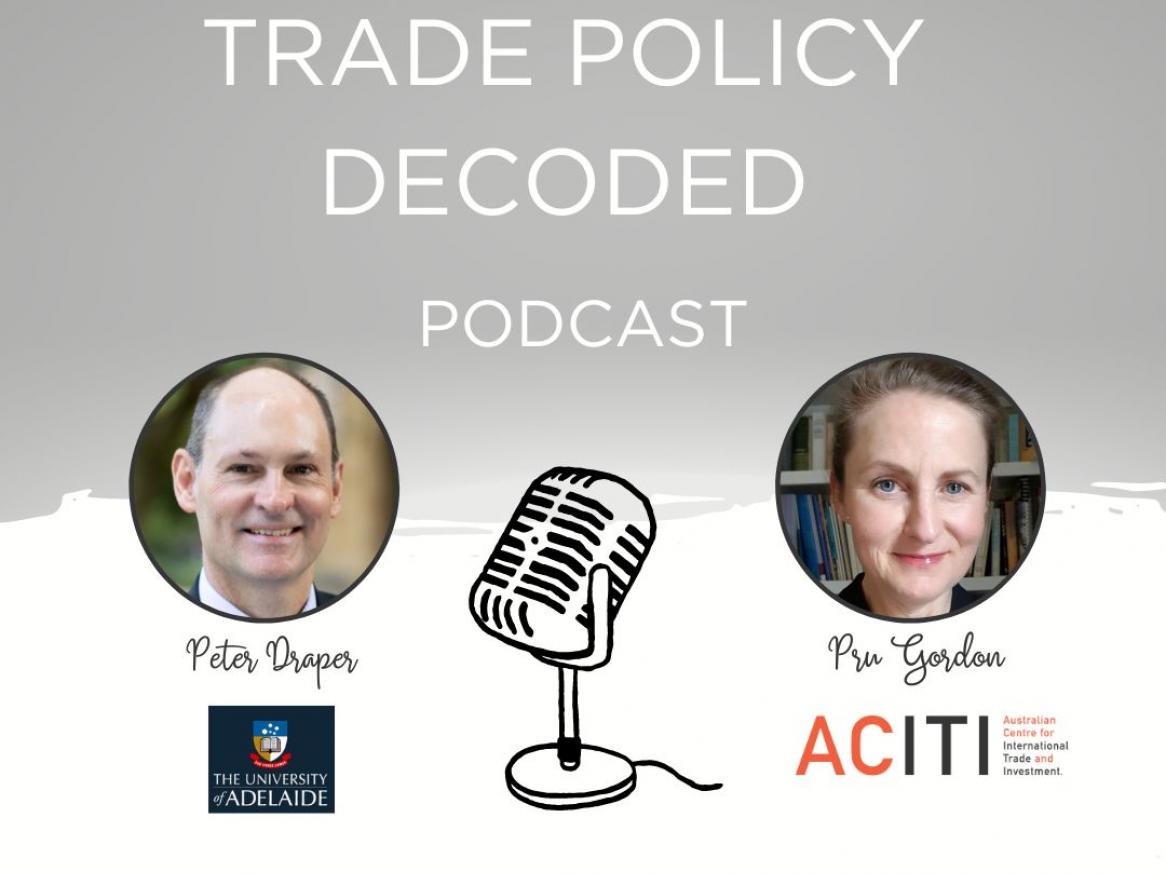
Episode 3 of Trade Policy Decoded is out now! This week, Peter and Pru run the ruler over the Indo-Pacific Economic Framework (IPEF) negotiations and the IPEF Supply Chain agreement. The podcast explores the contrasts in IPEF's 'cooperation' rather than 'commitment' approach, lofty ambitions but loose arrangements, great intentions without binding provisions, and a Supply Chain agreement that could be the emperor's new clothes or values imperialism.
Australia’s New International Development Directions and Implications for Trade in the Pacific

Jim Redden, is an External Trade and Development Advisor to DFAT, Director, Economic Development Services Ltd, and IIT Visiting Fellow. Recently Australian Foreign Minister Penny Wong unveiled the government’s updated international development programme. In this Brief Visiting Fellow Jim Redden charts its contours, with focus on its Aid for Trade dimension in relation to the Pacific. This is particularly relevant to members of the Pacific Agreement on Closer Economic Relations (Plus), which recently came into force and is starting to demonstrate substantial positive impacts. These countries stand to benefit from the variety of trade-related assistance now available under the new development programme.
Whither (not Wither) Multilateralism: Priorities for G7 Trade Ministers
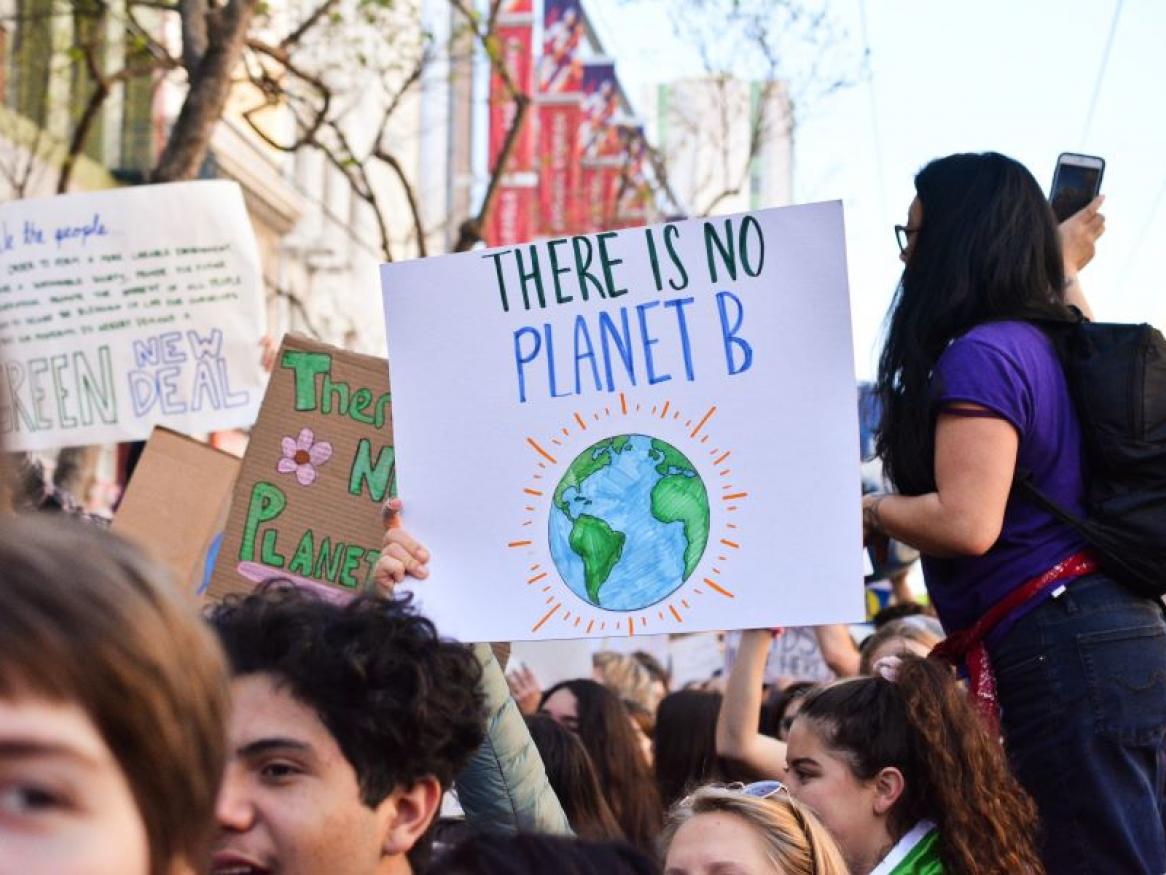
Ken Ash, Visiting Fellow, Institute for International Trade and formerly Director of Trade and Agriculture at the OECD. Is the high point in multilateral trade relations already 30 years in the past? Are notions of international cooperation and mutual benefit relics of an earlier time? Hopefully not, there is still much more to play for. Amidst the visible geopolitical tensions, and what often looks like a blurring of trade, economic, climate, and security interests, there are some encouraging signs recently. This brief considers prior developments that helped shape the nature of the trade policy debate today, offers an admittedly optimistic assessment of a renewed interest by G7 members in international cooperation, and highlights immediate priorities for action by G7 Trade Ministers
[Read more about Whither (not Wither) Multilateralism: Priorities for G7 Trade Ministers]
Much ado about Something? Australia’s Views on IPEF’s Prospects.
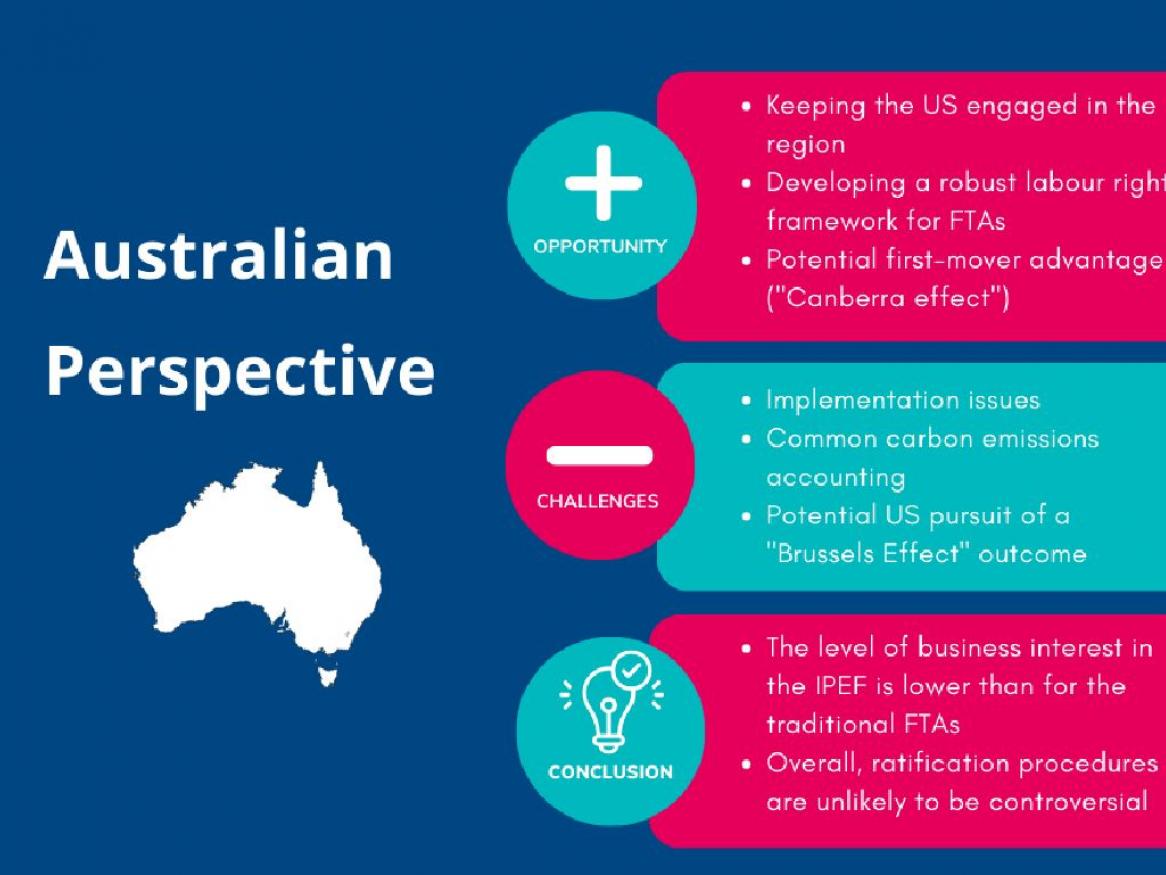
Recently the IPEF’s Pillar 2 text on Supply Chains was released. But what is IPEF, and what does it mean for Australia? In this paper, published by the Konrad Adenauer Stiftung (Tokyo) and NUS’s Institute for South Asian Studies, IIT Executive Director Professor Peter Draper canvasses the issues.
[Read more about Much ado about Something? Australia’s Views on IPEF’s Prospects. ]
TRADE POLICY DECODED - New podcast launched!
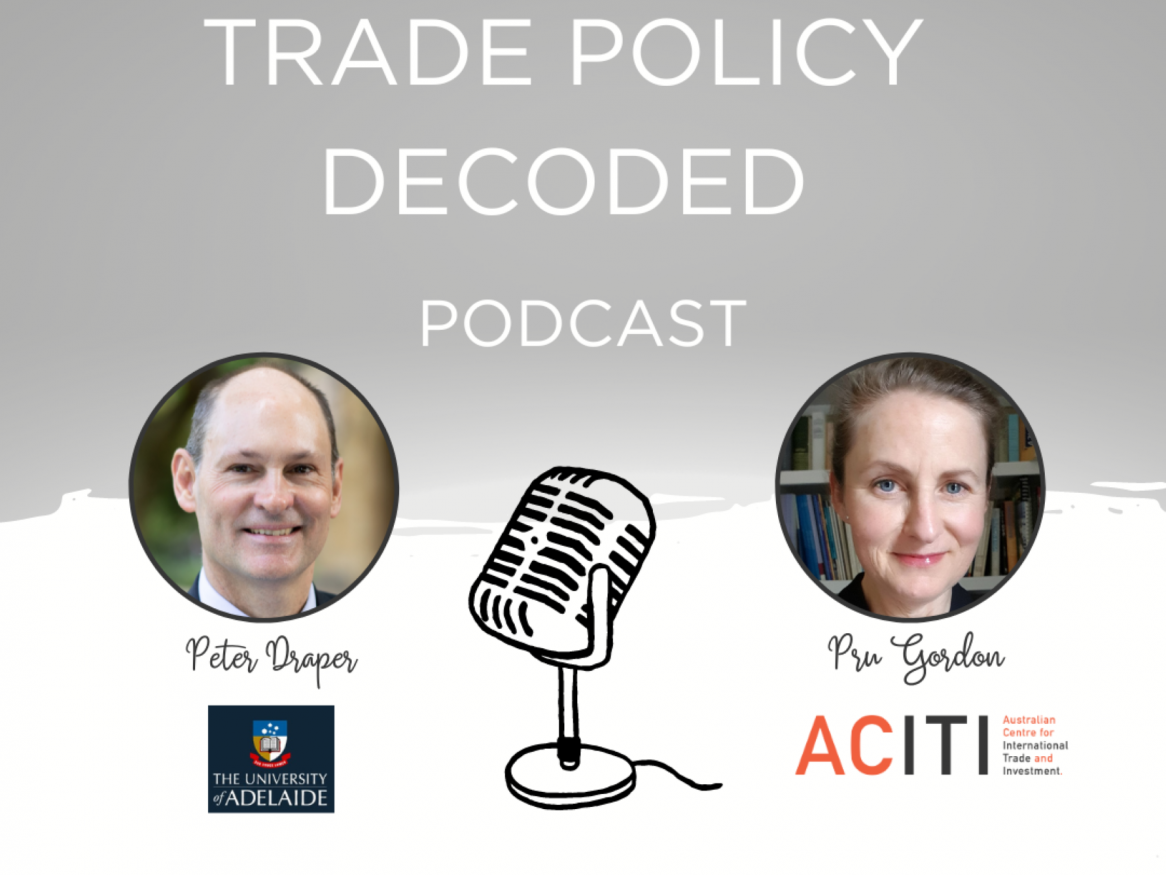
International Trade (IIT) and the Australian Centre for International Trade and Investment (ACITI) are pleased to announce the launch of our Podcast Trade Policy Decoded – a podcast that shines a light on what’s happening in trade policy in Australia and around the world.
[Read more about TRADE POLICY DECODED - New podcast launched!]
Europe and Africa: Interests and values must be aligned with mutual respect
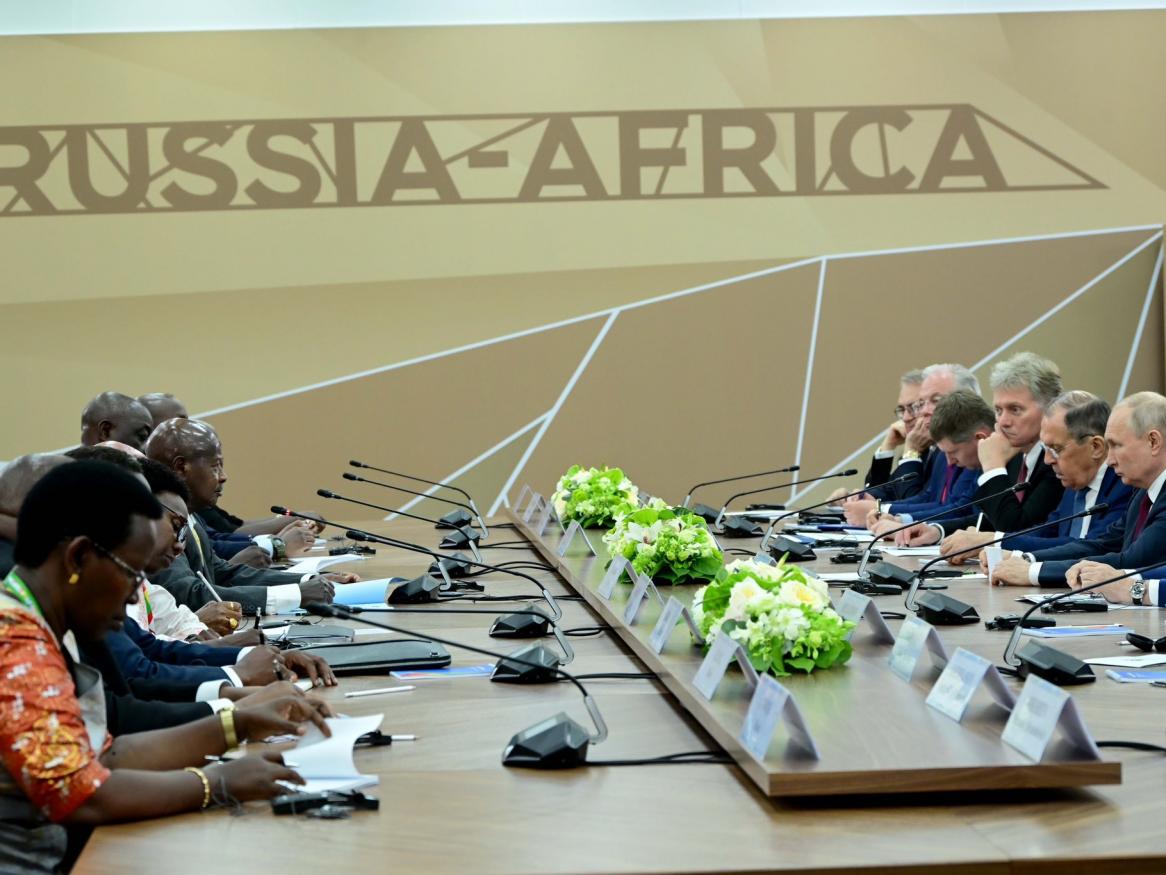
Prof. Dr. Stefan Liebing is CEO and owner of Conjuncta GmbH, Prof. Dr. Andreas Freytag is Professor at the Friedrich Schiller University Jena
Russia’s invasion of Ukraine sharply escalated the incipient global contest for influence between the West and authoritarian powers. Africa, historically a stronghold of European influence, is one arena. Why aren’t African leaders supporting the international rule of law by moving to isolate Russia? In this article the authors argue that Europe needs to de-emphasise values and do more to elevate African trade and investment needs to the top of their engagement with Africa.
[Read more about Europe and Africa: Interests and values must be aligned with mutual respect]
Quantifying the impact of Chinese coercion on key Australian commodity exports

Mike Adams former Department of Foreign Affairs and Trade (DFAT) economist, Ron Wickes former Director of the Trade Analysis Section of DFAT consider recent analyses of the costs of Chinese economic coercion to Australian exports. Whereas some argue those were relatively minor and easily absorbed, in their view the costs have been substantially higher than hitherto appreciated. Understanding the true costs has important implications for calibrating bilateral trade strategy towards China.
[Read more about Quantifying the impact of Chinese coercion on key Australian commodity exports]
Sustainability in European Union Trade Policy
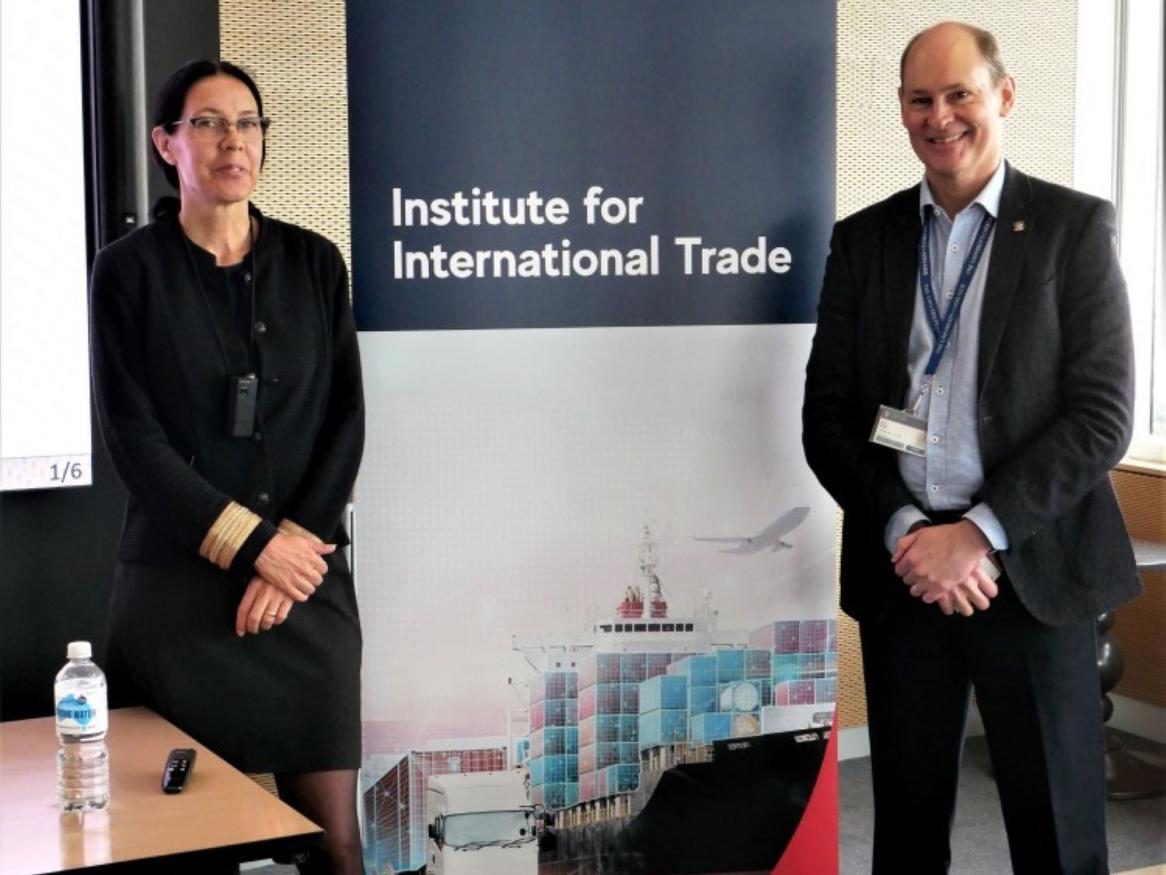
30 June, 2023. The Jean Monnet Centre of Excellence hosted its inaugural seminar on Sustainability in European Union Trade Policy. The EU’s trade policy sets out to support a transformation of its economy and help foster global sustainable development. This can substantially influence global trade and investment and serve as an instrument to attain climate neutrality.
[Read more about Sustainability in European Union Trade Policy]
Seminar: Sustainability in European Union Trade Policy

The Jean Monnet Centre of Excellence invites you to its inaugural seminar on Sustainability in European Union Trade Policy.
The EU’s trade policy sets out to support a transformation of its economy and help foster global sustainable development. This can substantially influence global trade and investment and serve as an instrument to attain climate neutrality.
[Read more about Seminar: Sustainability in European Union Trade Policy]
Carbon Tax Creep Beyond Industrial Goods: Challenges and Risks for Extending Coverage to Agriculture
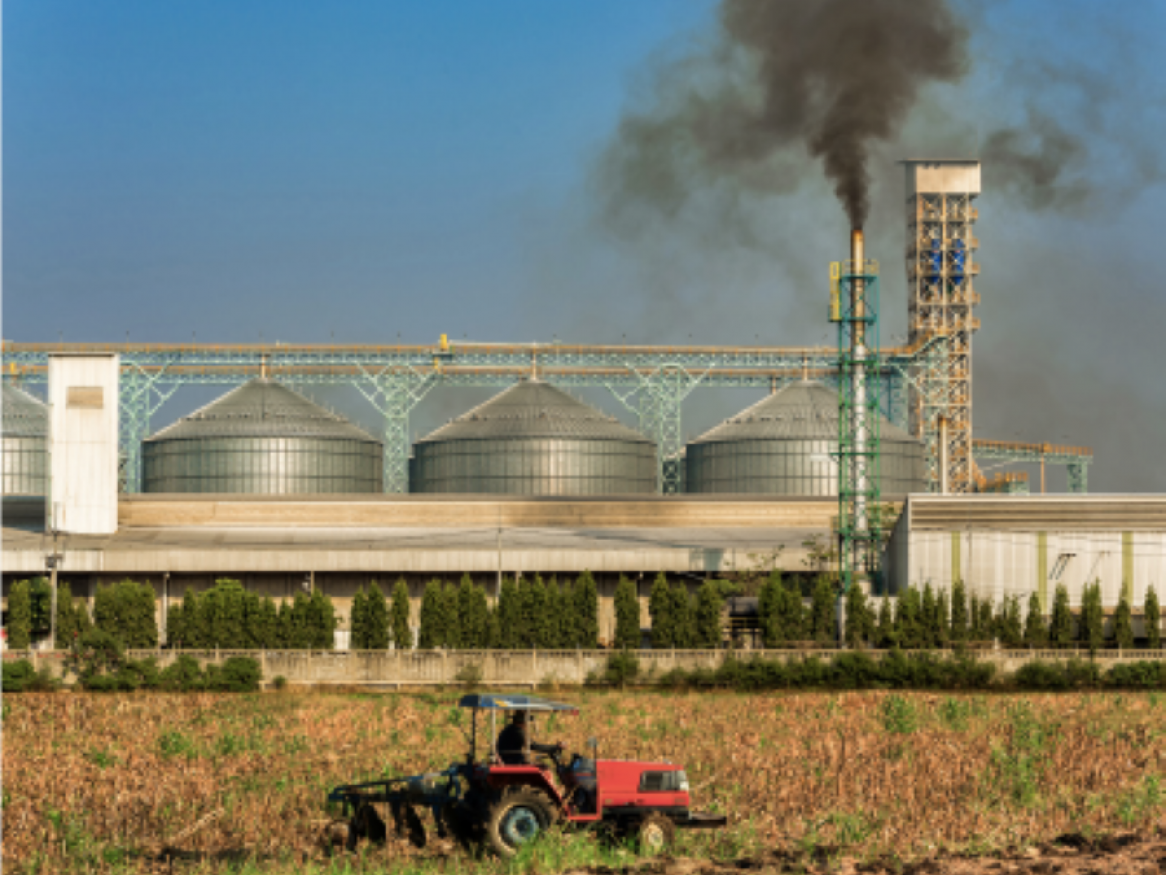
Tim Ryan is completing a Masters in International Trade and Development at the University of Adelaide, and is Manager of Global Trade Development at Meat & Livestock Australia.
Governments around the world are implementing emissions reduction policies to mitigate the impact of global warming, however the application of climate policies will occur at different speeds and depth due to varying levels of development and degrees of ambition. There are inherent dangers from unilateral expansion of carbon tax regimes, not least protectionism, hence this brief argue for a cautious and multilateral approach to carbon taxation.
This work is licensed under Commons Attribution-NonCommercial-NoDerivatives 4.0 International License.
IIT is a global leader in researching, analysing and commenting on International Trade.
Stay informed about our up-and-coming seminars, events, publications, awards, new projects and collaborations, and other exciting news.
